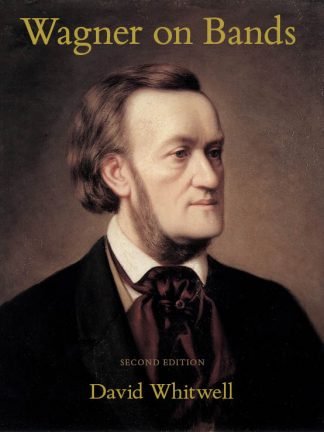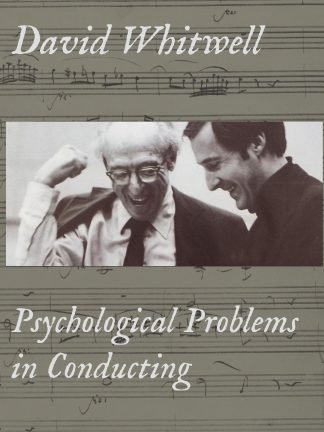Description
This conducting book is about the mind, not the baton.
There is a great deal of misunderstanding about the role of the conductor. As a student he is often given to understand that all the answers are found on the score page and if he just studies that page enough he will understand the music. But the fact is there is no music in the score, only symbols of the grammar of music. This is the real meaning of Mahler’s famous statement, “What is best in music is not to be found in the notes.” What the conductor really contributes is to bring to the rehearsal everything which is not in the score. But is this taught in music schools?
Similarly, the student is given to understand that great importance lies in his ability to give clear, precise beats with the baton. But every musician, even young school musicians, can count to four. Any emphasis on this mechanical process will produce an inverse relationship to the important things in music. In fact, almost all fine conductors, violinists, pianists, and singers pretty much ignore the arithmetic and instead follow Beethoven’s definition that it is feeling which determines tempo. But is this taught in music schools?
The important secrets of music all exist in the experiential hemisphere of our brain, but this part of the brain is mute, it cannot write or speak. How can the conductor then learn these secrets and how can he communicate them to the orchestra?
For the conductor who aspires to be more than a routine time-beater, perhaps this book is the place to begin.





